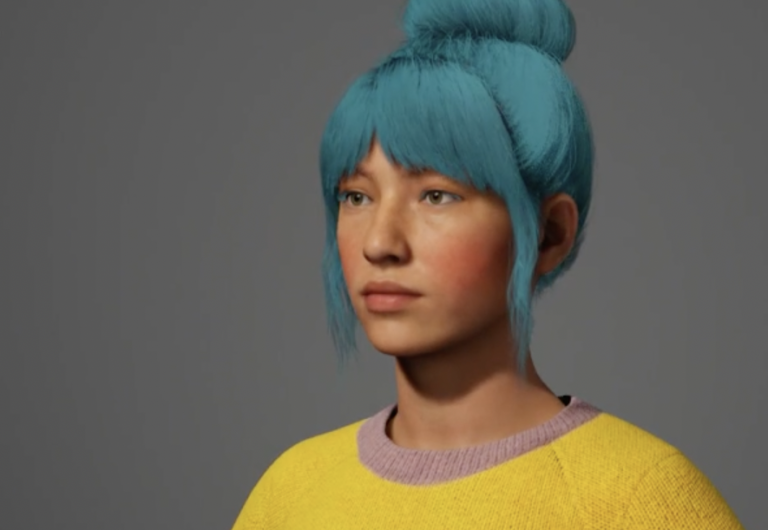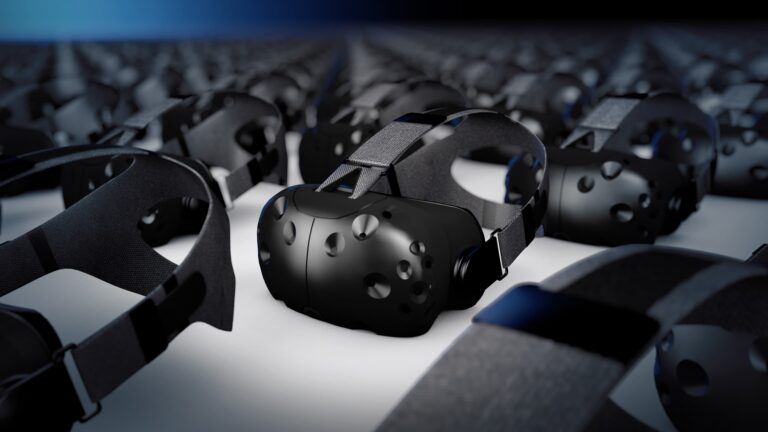A Virtual 360° Experience by TU Delft AI Labs & Talent Programme
In response to COVID-19, the TU Delft AI Labs & Talent Programme embraced a new approach for their annual poster event, traditionally a face-to-face affair involving the Delft AI Labs. By moving the presentations online, the programme aimed to offer engagement opportunities via non-traditional means, expand the audience and extend the impact of their research and posters far beyond traditional boundaries.
They approached the XR Zone to explore the possibility of sharing this event in an immersive, virtual environment. The XR Zone team proposed using 360° images to create a walkthrough of the event, employing a 360° camera for the background and leveraging the Unreal Engine software for rendering and building the environment. Everything came together in 3D Vista which was used to create an interactive walkthrough, guided by user experience principles.
The XR Zone team, comprising of two members, collaborated closely with the representative from Delft AI Labs & Talent Programme. Over three months, working part-time, they brought the project to life. This virtual environment allowed the first 16 Delft AI Labs to effectively showcase their lab and PhD research, later introduce 8 new Delft AI labs and their recent research, and finally growing with even more AI Labs and teams from TU Delft, e.g. ICAI Labs and ELLIS Faculty member teams.
Post-launch, the project saw two significant updates. The first update added the most recently established 8 Delft AI labs and research projects. The second update includes even more AI labs and teams; and pitch videos of the winners of the competition for the best poster/pitch from the 2024 AI PhD Poster event. These updates are also exhibited in the 360° environment, enhancing the overall experience and engagement.
“ Everything came together in 3D Vista which was used to create an interactive walkthrough, guided by user experience principles”
One of the primary challenges was integrating 360° images with the digital model/building in a way that felt cohesive and natural. The freedom granted in designing the building provided the flexibility needed to overcome this obstacle. The XR Zone employed the latest techniques in Unreal Engine to achieve photorealistic rendering of colors and reflections, making the digital model of the building blend with the 360° environment. This included using 360° images for reflections and light simulations, enhancing the realism and convincing nature of the virtual experience.
The virtual environment is accessible to everyone within the contributing 24 Delft AI Labs, other AI-related labs & teams across TU Delft, and the educational community. Looking ahead, the XR Zone is exploring the potential of translating this experience into VR for even better immersive interaction. The accessibility and scalability of 360° environments on the web were key factors in choosing this approach.
This project exemplifies how a VR lab can unite researchers from more than 30 labs, facilitating the sharing of their latest findings and fostering a global research community.
The collaboration between TU Delft’s AI Labs & Talent Programme and the XR Zone demonstrates the power of combining 360° environments with 3D objects to create an immersive and interactive virtual experience. This project not only overcame the challenges posed by the pandemic but also paved the way for future innovations in virtual event hosting and research collaboration.
Initiative : TU Delft AI Labs & Talent Programme
Developer : Jeroen Boots
360 Productions: Thijs Sanderse
XR: Arno Freeke, Jeroen Boots





